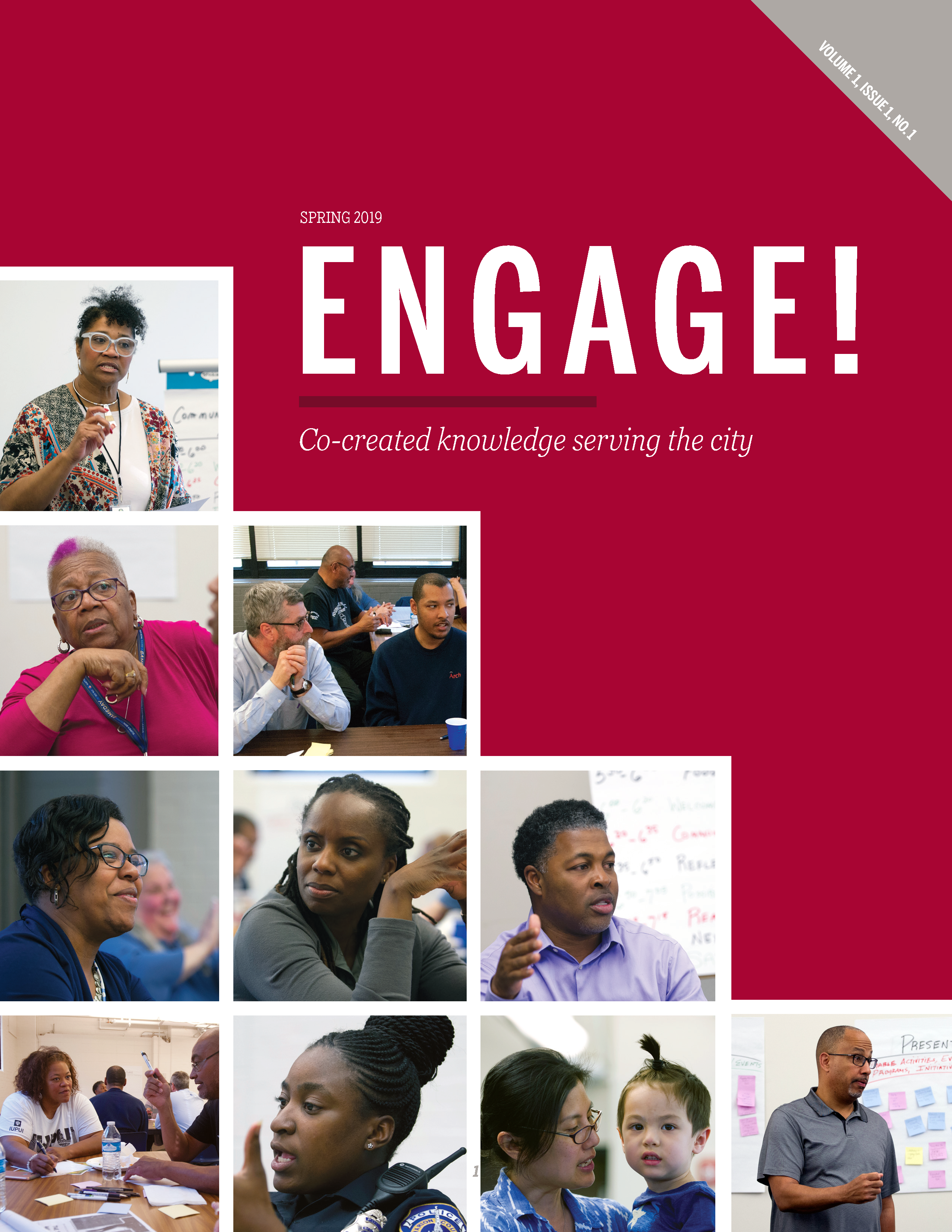Trust in Participatory Action Community Engaged Partnerships: Relationships and Historic Trauma Matter
DOI:
https://doi.org/10.18060/22815Keywords:
Community-engaged participatory-action research, Trust, TraumaAbstract
University-community participatory action partnerships can be mutually beneficial. Universities often work alongside communities to establish new and innovative community-based programming and research that are intended to benefit communities from these efforts. However, mistrust has been found to be a major issue in creating and maintaining strong relationships. This paper will marry a model of trust that forms when partners exhibit relational capital, relational embeddedness, and transparency within the principles of trauma-informed care as established by the Substance Abuse Mental Health Services Administration (SAMHSA) (2014).
A group of university researchers and community activists/organizers analyzed their work on a project to bring a community engaged participatory action design team intervention to develop and implement trauma-responsive care in an established transitional African American community located in a large urban Midwestern city. Through our analysis we identified three major reasons for mistrust: objectification of community members, lack of real change in the community, and lack of transparency.. Additionally, we found that paying attention to power differentials between the university researchers and community partners is key. Major findings around best practices mirrored the SAMHSA trauma-informed care principles and included developing “not just trust but trusting relationships”, sharing “voice and choice” with all who seek to participate, understanding the historical trauma within the community, using cultural guides and long time seasoned community organizers to facilitate processes, “showing up” and being interested in the community beyond the research or intervention by finding a way to give back to the community beyond the project.

